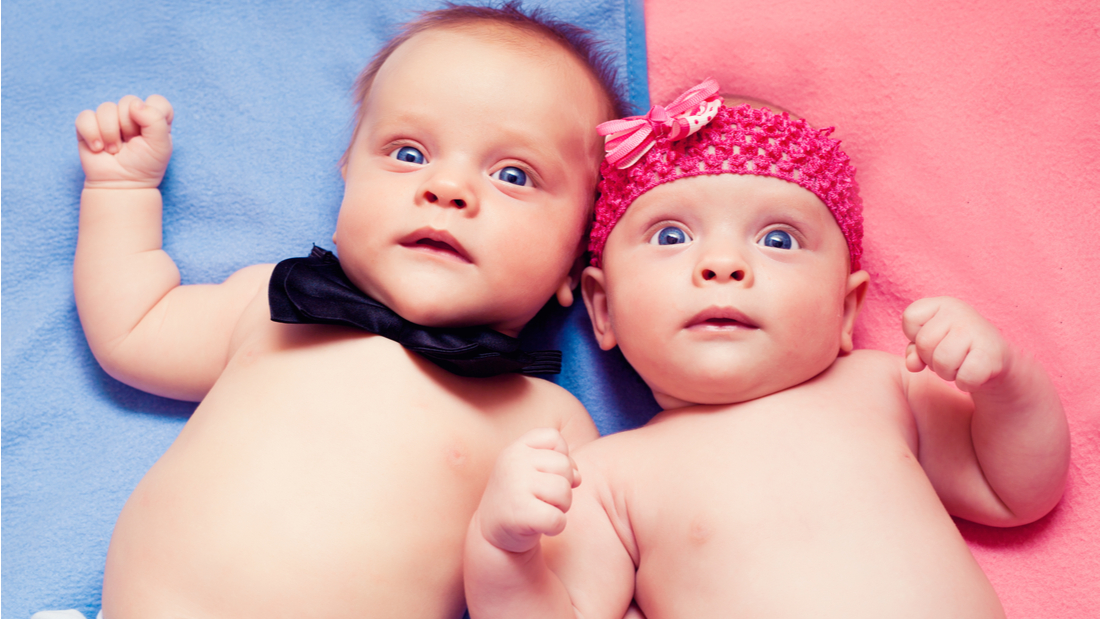
Is the Sex of Newborn Babies Influenced by Stressful Events?
A new study that has been reported in the scientific journal BMJ Open has drawn some curious correlations between stressful events and the sex ratio of newborn babies.
According to the study, which was led by Ravi Retnakaran, a clinician at Toronto’s Mount Sinai Hospital, the November 2016 election of Donald Trump resulted in a temporary fall in the birth rate of boys in certain left- and liberal-leaning areas of North America. However, the researchers only looked at births in Ontario, beginning with those that occurred before Trump’s election, those immediately afterwards (November 2016 to February 2017), and those that occurred later (March 2017 to October 2017).
In fact, this is not the first time that stress has been shown to potentially influence the sex ratio of babies; both 9/11 and the 2005 London bombings resulted in an unusually high ratio of female births in the following months.
In fact, it was this phenomenon which inspired Retnakaran to consider whether the election of Trump had similar implications for pregnancies among left-leaning people. “I felt this apprehension in society that immediately harked back to September 11,” said the scientist. “And that’s when the light dawned in my head, and I wondered if this could have the same sort of effect on the sex ratio.”
Before Trump’s victory, for every girl born in Ontario, there were 1.0605 boys born; however, in the aftermath of his election this fell to 1.0217 boys per girl. In contrast, in conservative areas, there was a small but statistically insignificant rise in the birth rate of boys.
Generally, the birth rate is slightly skewed in favour of boys – scientists estimate the base rate is 105 boys for every 100 girls. However, adverse and stressful societal events tend to result in the birth of fewer males. The University of Sheffield fertility specialist Allan Pacey says that “nobody knows the mechanism by which this effect manifests itself.”
Catherine Monk, a professor of medical psychology at Columbia University in New York, led similar research at the end of 2019 looking at the impact of prenatal maternal stress on birth outcomes. She believes that because males can reproduce with multiple females simultaneously, humans may have evolved to favour the birth of girls during times of stress. “We don’t need as many males to carry a species forward as we do females,” Monk said. “One man can contribute to reproduction with a lot of different females, so girls are favoured in stressful times.”
The latest study is not the first to consider how Trump’s election has influenced births. A previous study found that Latina mothers living in the US had a higher rate of preterm births in the nine months following the election of the six-time commercially-bankrupt reality television star.
It is important to note that the latest study only establishes correlation and means little on an individual statistical basis; the researchers say that an individual’s chances of giving birth to a boy or a girl remain about the same as a coin toss.
“I once met a woman who dipped her husband’s testicles in hot water every night because she wanted a girl,” commented Retnakaran. “The problem is whatever crazy thing that’s tried, 50 per cent will think it worked for them, while the other half will be disappointed.”


